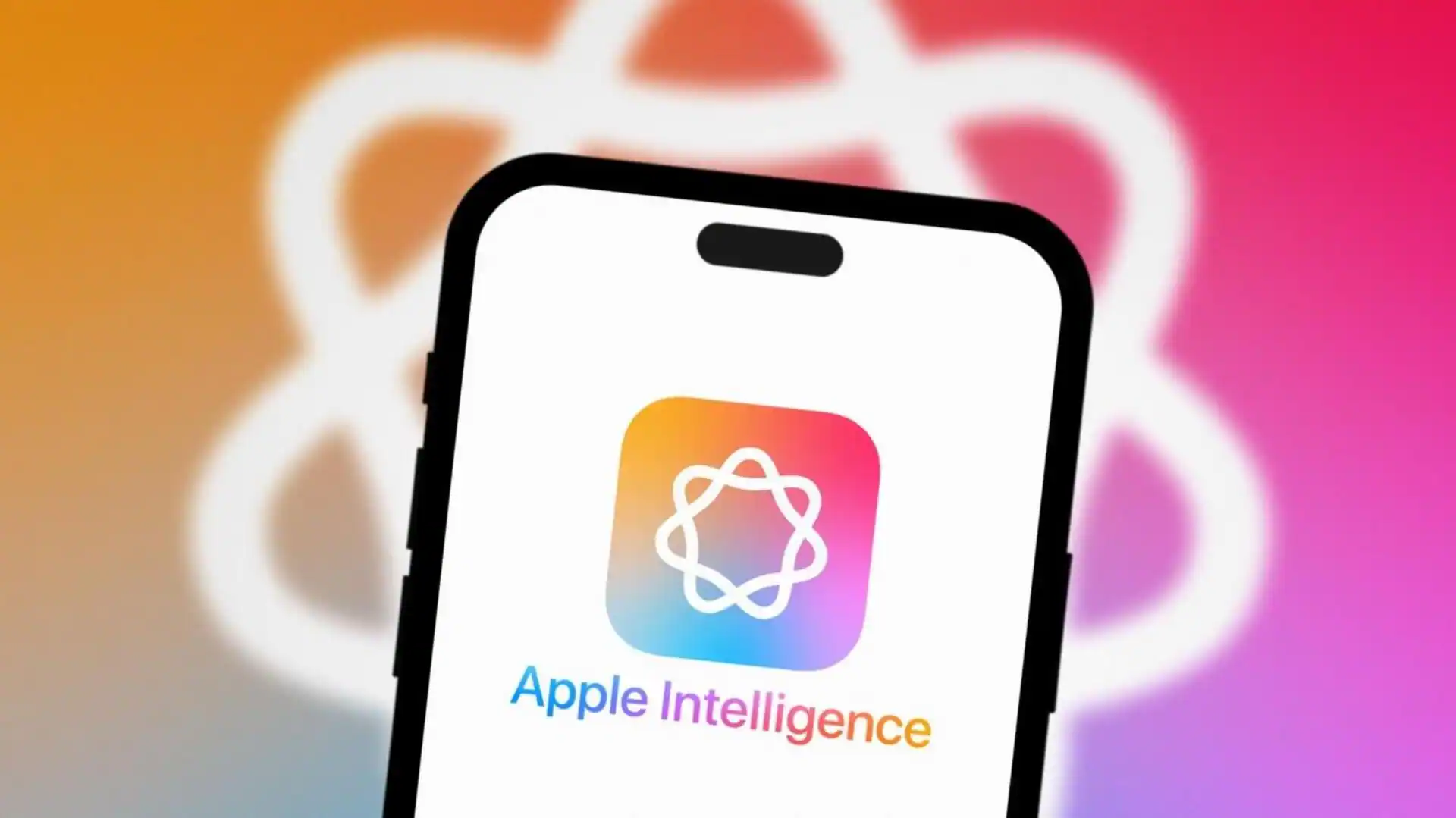Apple’s latest iOS update, version 18.1, is set to introduce a groundbreaking feature: Apple Intelligence. This AI-powered assistant promises to revolutionize how we interact with our devices, offering personalized recommendations, proactive automation, and enhanced privacy features.
What is Apple Intelligence?
Apple Intelligence is Apple’s answer to Google Assistant and Amazon Alexa. It’s a virtual assistant integrated directly into iOS, capable of understanding natural language commands and performing various tasks. From setting reminders to controlling smart home devices, Apple Intelligence aims to make our digital lives easier and more efficient.
When will it be available?
iOS 18.1, and with it Apple Intelligence, is expected to roll out in late October or early November 2023.
Why is Apple introducing this now?
Apple is known for its focus on user experience and privacy. With Apple Intelligence, the company aims to provide a more personalized and intuitive experience while maintaining its commitment to data security.
Key Features of Apple Intelligence
- Personalized Recommendations: Apple Intelligence will learn your habits and preferences over time to offer tailored recommendations for apps, music, movies, and more. Imagine your iPhone suggesting a new podcast based on your recent listening history or recommending a restaurant near your current location.
- Proactive Automation: Apple Intelligence will go beyond simple voice commands, anticipating your needs and automating tasks. For instance, it might automatically adjust your smart thermostat based on your typical schedule or send a reminder to pick up groceries on your way home from work.
- Enhanced Privacy: Apple is committed to protecting user data. Apple Intelligence will process most requests on-device, minimizing the need to send data to the cloud. This approach ensures that your personal information remains private and secure.
- Seamless Integration: Apple Intelligence will be deeply integrated into iOS, accessible from anywhere within the operating system. Whether you’re in the Messages app, Safari, or even the Control Center, you’ll be able to summon Apple Intelligence with a simple voice command or gesture.
- Developer Opportunities: Apple will provide developers with tools to integrate their apps with Apple Intelligence. This opens up a world of possibilities for third-party apps to offer voice control, proactive suggestions, and other intelligent features.
Potential Use Cases
- “Hey Siri, find me a good Italian restaurant nearby.” Apple Intelligence will use your location and preferences to recommend suitable restaurants, even offering to make a reservation for you.
- “Remind me to pick up my dry cleaning when I leave work.” Apple Intelligence will create a location-based reminder, ensuring you don’t forget your errand.
- “Turn off the living room lights.” If you have compatible smart home devices, Apple Intelligence can control them with a simple voice command.
- “Play some relaxing music.” Apple Intelligence will understand your request and curate a playlist tailored to your mood.
- “What’s the weather like tomorrow?” Apple Intelligence will provide a detailed weather forecast for your location.
My Take on Apple Intelligence
Having closely followed Apple’s developments for years, I believe Apple Intelligence has the potential to be a game-changer. Apple’s focus on privacy and user experience sets it apart from other virtual assistants. I’m particularly excited about the personalized recommendations and proactive automation features, which could significantly enhance how we interact with our devices.
However, the success of Apple Intelligence will depend on its execution. The assistant needs to be accurate, responsive, and truly intelligent to provide a meaningful experience. Additionally, Apple will need to strike the right balance between personalization and privacy, ensuring that users feel comfortable with the data being collected and used.
Additional Considerations
- Accessibility: Apple has a strong track record of making its products accessible to everyone. We can expect Apple Intelligence to include features that cater to users with disabilities, such as voice control and screen reader compatibility.
- Internationalization: Apple Intelligence will need to support multiple languages and cultural nuances to be truly useful globally. We can anticipate Apple investing significant resources in localizing the assistant for different regions.
- Competition: Apple Intelligence will face stiff competition from established players like Google Assistant and Amazon Alexa. Apple will need to differentiate its offering with unique features and a focus on privacy to gain market share.
iOS 18.1 marks a significant milestone for Apple with the introduction of Apple Intelligence. This AI-powered assistant has the potential to redefine how we interact with our devices, offering personalized recommendations, proactive automation, and enhanced privacy features. While the success of Apple Intelligence remains to be seen, it’s clear that Apple is committed to pushing the boundaries of innovation and user experience. As an avid Apple user, I’m eagerly anticipating the arrival of iOS 18.1 and the opportunity to explore the full capabilities of Apple Intelligence.






























